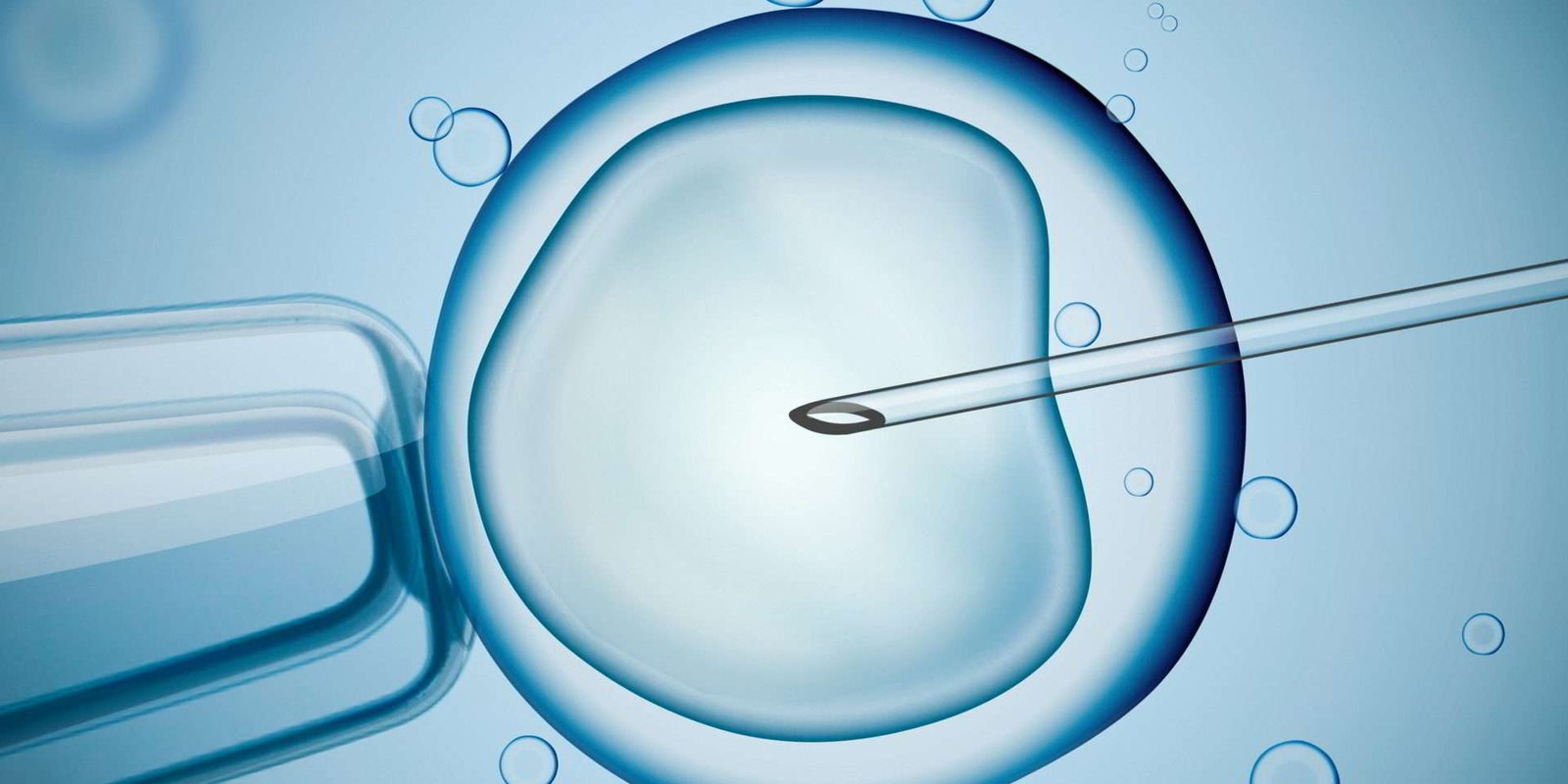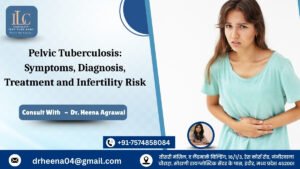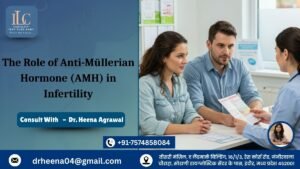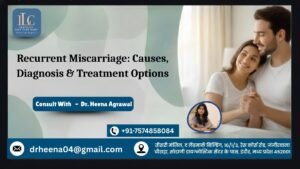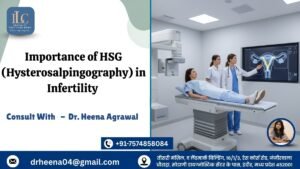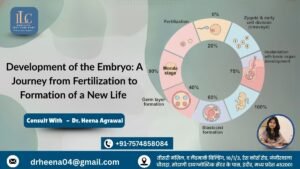As the most commonly performed assisted reproductive technology (ART) used worldwide by couples trying to have a baby, it is not surprising there are lots and lots of questions asked by people to IVF specialist about in vitro fertilization (IVF)!
We’ve selected the top questions asked online, to answer:
• What is IVF treatment and how does it work?
• Is (the) IVF procedure painful?
• How long does it take to get pregnant with IVF?
What is IVF treatment and how does it work?
In vitro fertilization is the most effective, commonly performed infertility treatment in the world.
IVF is a sequence of procedures that involves the fertilization of an egg outside a woman’s body in a specialized lab. It is often performed after other methods of trying to get pregnant have failed.
To begin, fertility drugs are usually prescribed to help stimulate egg development. Even if a woman has no problem with ovulation, the drugs help produce more than a single egg which improves the pregnancy rate. Generally, 10 to 20 eggs are retrieved from the ovaries using a small needle. Healthy, mature eggs are mixed with a special medium and sperm in a specialized lab to fertilize the eggs. On average, about two-thirds of the eggs retrieved are sufficiently mature to fertilize. There are two ways to fertilize an egg: conventional insemination, where the egg and sperm are combined in a petri dish with a special medium and then incubated. The other option is an intra-cytoplasmic injection (ICSI) where the sperm is injected into the egg using a needle and sophisticated operative microscope. ICSI is used approximately 70% of the time when fertilization is less likely due to factors such as poor semen quality or previous IVF failure.
Your IVF specialist (physicians and embryologists) will decide which approach to use based on multiple factors related to the couple going through IVF. Both methods have approximately the same success rate. Once embryos have developed, they are examined and graded by an embryo specialist. A top-graded embryo is selected for transfer; remaining good-quality embryos may be frozen for later use. The embryo transfer usually takes place 5 or 6 days after egg retrieval, but occasionally earlier on day 2 or 3. A single embryo is usually transferred to the uterus to avoid multiple pregnancies which carry a greater risk of complications for babies and mothers. Hopefully, within a day or two, the embryo hatches and implants to the uterine lining where it continues to develop into a fetus.
About 12 days after an embryo transfer, a blood pregnancy test will be performed and If a pregnancy is confirmed, you’ll be followed with blood tests and eventually, ultrasounds, to confirm viability and whether there are multiple pregnancies. If the pregnancy appears normal at 9-10 weeks, you’ll be referred back to your obstetrician!
To learn more detail about the entire process, please see our blog on how is IVF Done- Step-by-Step?
Now, for the rest of your top questions:
Is (the) IVF procedure painful?
No.
There are a few steps in the IVF process that may cause minor discomfort as described below. It is very unusual to have more than minor pain.
Most fertility medications are administered by injection. Today, they use an easy-to-administer technology – like a pen – that is an improvement over those given a few years ago
Egg retrieval is a surgical procedure to remove the eggs from your ovaries. A small needle is used, going through the top of the vagina into one ovary and then the other. An anesthesiologist will closely monitor your sedation via an IV and you shouldn’t experience any pain or discomfort during the less than 30-minute process.
You may feel some minor cramping the day of the procedure which is usually gone the next day. There may be a feeling of fullness and/or pressure due to expanded ovaries from the ovarian stimulation which may last for a few weeks.
Embryo transfer uses a soft, flexible, and thin catheter to transfer the embryo into the uterus. An abdominal ultrasound makes sure the tip of the catheter places the embryo at the best location for the embryo to implant. Pain and discomfort are rare, and the experience has been compared to how it feels to get a pap smear.
How long does it take to get pregnant with IVF?
One cycle of IVF takes about two months. Women younger than age 35 will get pregnant and have a baby with their first IVF egg retrieval and subsequent embryo transfer(s) about half the time.
Women who don’t get pregnant following the first IVF cycle still have very good chances of getting pregnant on second, third, and even more cycles of IVF. There are many factors that affect your ability to get
Pregnant and have a healthy baby using IVF. Your IVF specialist can usually give you reasons why you are not getting pregnant and explain your chances to have a baby with IVF.
Age is the factor that most affects IVF success rates. According to the Society for Assisted Reproductive Technology (SART) Clinic Report, the average percentages of live birth from IVF by age are:
• 9% for women under age 35
• 2% for women age 35-37
• 0% for women age 38-40
• 6% for women age 40-42
• 9% for women over the age of 42
In addition to these statistics, it’s important to note that the cumulative success rate for a live birth increases with additional IVF cycles for all women. However, the success rate still remains lower for older women. Also, the Centers for Disease Control (CDC) recently observed that the IVF success rate for every age category has been increasing in the last few years as techniques and experience advance,
You should also be able to ask any fertility clinic about their IVF success rates. Keep in mind, clinic success rates vary based on the characteristics of their patients and individualization of patient care so this should probably not be the only factor you consider when selecting a fertility clinic.
Many couples are not successful the first time going through IVF and continuing with additional IVF cycles often involves purchasing a separate cycle of treatment each time it doesn’t work. While most patients choose to finance their treatment one cycle at a time, selecting a multicycle plan offers more chances for IVF success and at a lower cost per cycle.
Success with Dr.Heena Agrawal Fertility
Dr.Heena Agrawal Fertility is dedicated to making sure all couples facing infertility have the opportunity to try IVF. As a result, we’ve developed different multicycle treatment programs. That means couples can afford several cycle attempts with minimum expenses. To learn more about these options contact our numbers or visit us at www.infertilityandivfindore.com
Dr.Heena Agrawal Fertility offers different programs for different needs; one of our concierge fertility specialists can help you determine if one of our programs might work for your situation. The Two-Cycle Plus treatment package offers 4 chances to get pregnant with 2 egg retrievals and up to 4 embryones (fresh or frozen) transfers. The Three-
Cycle Plus treatment package offers 6 chances to get pregnant with 3 retrievals and up to 6 embryo transfers.
Services included with the multicycle programs are based upon the usual type and a number of services needed during an average IVF cycle: office visits, ultrasounds, and blood work required for up to two (or three) cycles, along with the use of any frozen embryos obtained during the retrievals for a total of up to 4 (or 6) embryo transfers (fresh and/or frozen) depending on which treatment package is selected.
Clinical care is provided following the cycle until a serum pregnancy test is performed. Obstetrical and other medical services are not covered as part of this program. If a pregnancy loss occurs during the benefit period, additional infertility services are provided through the balance of the time period, up to the maximum of services. The occurrence of a live birth completes and ends the treatment.
Just as there’s no one path on any infertility journey, there are options to choose from as you pursue your goal of having a healthy baby. Be sure to discuss these important issues with your doctor or IVF specialist.
Start Planning for Your Fertility Treatment with Best IVF Specialist in Indore
If you are looking to select the Best infertility hospital, first you should know about what to look for in an infertility doctor? How to evaluate IVF success rates? And get in touch with Best Infertility Specialist in Indore.
Dr.Heena Agrawal is renowned infertility and IVF specialist in Indore. With her interest, focus, and vision to alleviate the suffering of infertile couples, she decided to excel in this specialty.
She took extensive training in infertility and completed her fellowship in reproductive endocrinology under best in the field, where she was trained in the complete ambit of reproductive medicine such as polycystic ovaries, endometriosis, obesity, recurrent IVF failures, and unexplained infertility cases as well as a wide range of fertility treatments. She had loved to support you throughout your journey to parenthood.
If you have any questions regarding our services, please feel free to connect with us by calling us or “book an appointment”. We’re here to serve you the best.

